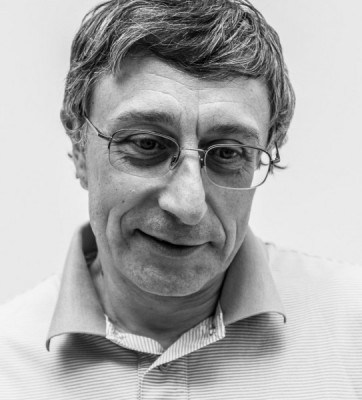National Graphene Institute shines in list of most-cited scientists
Researchers from Manchester’s National Graphene Institute (NGI) feature prominently in a new list of the most-frequently-cited academics in science over the past decade, providing more than half of The University of Manchester’s overall contribution to the study.
The 2021 list, compiled by global data analytics firm Clarivate and published on 16 November, features eight researchers based in the NGI, from a total of 15 from UoM who appear in the analysis.
The statistics cover the period from 2010-2020, ranking the top 1% by citations for field and year via online research tool Web of Science, incorporating natural sciences, engineering, healthcare, business and social science.
The NGI researchers are listed below:
- Vladimir Falko
- Andre Geim
- Roman Gorbachev
- Irina Grigorieva
- Artem Mishchenko
- Rahul Nair
- Kostya Novoselov
- Leonid Ponomarenko
Three of the NGI staff (Geim, Gorbachev and Grigorieva) are among 10 physicists working in the UK who appeared in this year’s list. Only Cambridge (2) also had more than one academic in the UK physics ranking.
In the past decade, with the opening of the £61m National Graphene Institute in 2015 and £60m Graphene Engineering Innovation Centre in 2018, The University of Manchester has cemented its place as the home of research into graphene and other 2D materials, leading on both fundamental science and translational R&D into products and applications.
Professor Falko, Director of the NGI (pictured, right), said: “World-leading research is a combination of singular whirlpools, generated by outstanding individuals. The NGI is a home for many of those individuals, and we are constantly looking for a new talent, providing them with excellent infrastructure and offering a unique intellectual environment.”
combination of singular whirlpools, generated by outstanding individuals. The NGI is a home for many of those individuals, and we are constantly looking for a new talent, providing them with excellent infrastructure and offering a unique intellectual environment.”
The Clarivate report lists 6,600 researchers from more than 1,300 institutions and draws on statistics from around 12 million articles in 12,000+ journals.
Overall, the UK ranks third with 492 researchers on the global list (7.5%), behind the US (39.7%) and China (14.2%), but the report notes the UK punching above its weight, stating the result “is a particularly high number of researchers at the very top of their fields in terms of citation impact, given that the United Kingdom has a population 1/5 the size of the United States and 1/20 the size of mainland China.”
By institution, Harvard University leads the way with 214 researchers on the list, ahead of the Chinese Academy of Sciences (194). Oxford University is the leading UK institution at 10th on the global list with 51.
You can find out more about the methodology used on the Clarivate website.
Advanced materials is one of The University of Manchester’s research beacons - examples of pioneering discoveries, interdisciplinary collaboration and cross-sector partnerships that are tackling some of the biggest questions facing the planet. #ResearchBeacons


